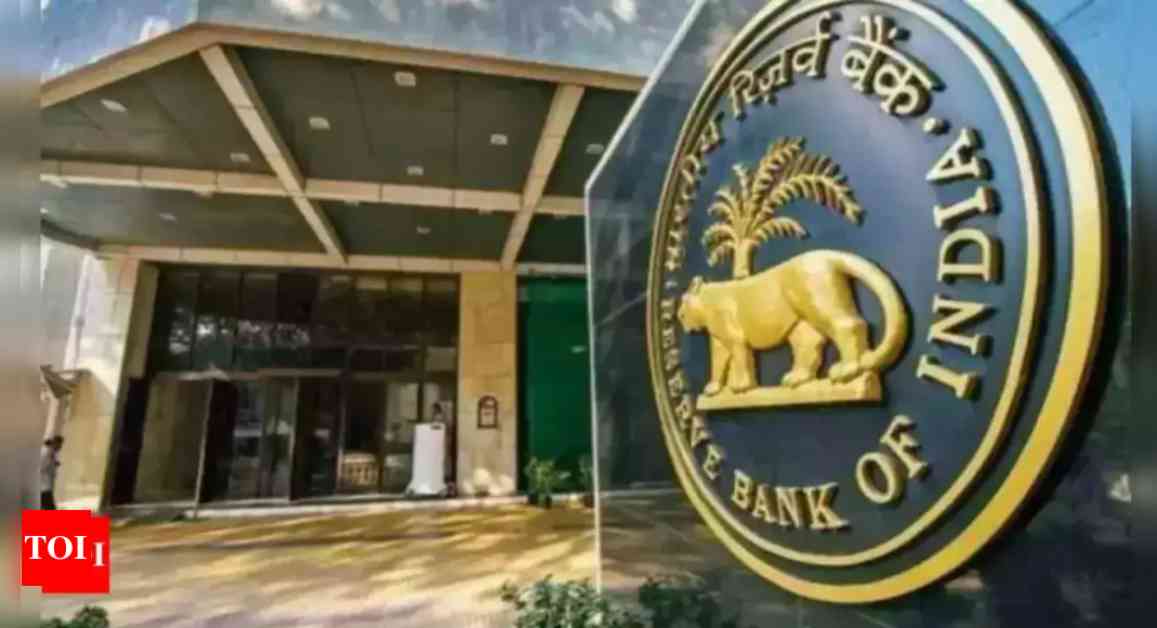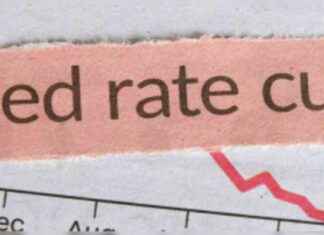RBI Report: Loan-Related Complaints Surge by 43% in FY24
In a recent development, the annual report of the Reserve Bank’s Integrated Ombudsman Scheme has revealed a sharp 43% increase in consumer complaints related to loans and advances among entities regulated by the RBI. This surge comes as part of an overall rise of 33% in complaints received by the ombudsman, reaching a total of 2.9 lakh in FY24.
Loans and Advances: Leading the Charge
Topping the list of grievances were complaints related to loans and advances, comprising a staggering 29% of the total complaints received, with a total of 85,281 cases. Following closely behind were complaints concerning mobile and internet banking, accounting for 19.8% of the total complaints, with 57,242 cases reported.
Deposit Accounts and Digital Platforms: A Shift in Trends
Interestingly, complaints linked to deposit accounts witnessed a significant uptick of 34.5%, reaching 46,358 cases during the year. However, the growing adoption of UPI resulted in a 15% drop in complaints related to ATMs and debit cards, down to 25,231 cases. Notably, digital platforms emerged as the primary mode of filing complaints, with 88.8% of cases lodged through portals such as CMS, email, or CPGRAMS.
Grievance Redressal and Resolution: A Mixed Bag
The ombudsman managed to dispose of 1.9 lakh maintainable complaints, accounting for 67.8% of the total. Of these, 57.1% were resolved through mutual agreement, while 40.8% were rejected due to the absence of service deficiencies. The appellate authority received 82 appeals, with the majority filed by complainants seeking resolution.
Cost and Conversion Ratio: Key Takeaways
The report also highlighted a decrease in the average cost of handling a complaint, falling to Rs. 1,732 from Rs. 2,041 in the previous year. Additionally, an improvement in the complaint conversion ratio across major bank groups was noted, underscoring the importance of enhancing grievance redressal mechanisms at the bank level.
In conclusion, the surge in loan-related complaints underscores the need for robust consumer protection measures and effective grievance redressal mechanisms within the banking sector. As digital transactions continue to gain momentum, addressing these grievances promptly and efficiently remains paramount to ensuring a seamless banking experience for consumers.























